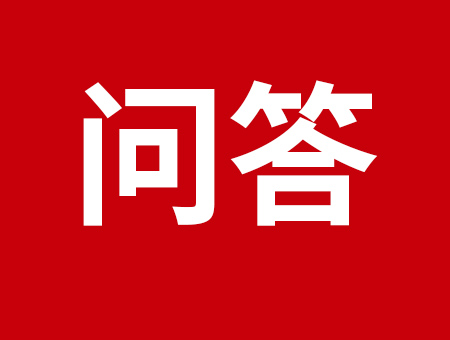中国学生刚刚接触ACCA时面临的困难主要来自两方面:一个是英文教材的使用,二是长期以来形成的针对中国考试固有的思维方式。第二个问题需要经过一段时间的学习和做题慢慢掌握英文考试的解题思路,熟悉ACCA的作答模式。
对于提高英语水平这个问题,我们可以先从掌握ACCA词汇入手,逐渐了解专业名词的表达方式,进而能够在阅读教材时减少一些障碍,方便理解知识内容。
今天融跃ACCA小编和大家分享的是ACCA初级阶段LW涉及的词汇,帮助大家快速入门高效学习。
(一)
1.Apparent authority:表面权限
Apparent authority is the authority which an agent appears to have to a third party.A contract made within the scope of such authority will bind the principal even though the agent was not following their instructions.
2.Appeal court:上诉法院
The appeal court is the court to which an appeal is made against the ruling or the sentence.
3.Ante-natal care:产前护理
Ante-natal care is an employee has a right not to be unreasonably refused time off for ante-natal care during working hours.
4.Civil court:民事法庭
In a civil suit,one party who feels they were harmed brings a complaint against another party.
5.Civil law:民法
Civil law exists to regulate disputes over the rights and obligations of persons dealing with each other and seeks to compensate injured parties.
6.Collateral contract:附属合同
A collateral contract is a contract where consideration is provided by the making of another contract.For example,if there are two separate contracts,one between A and B and one between A and C,on terms which involve some concerted action between B and C,there may be a contract between B and C.
7.Common law:习惯法
Common law is the body of legal rules common to the whole country which is embodied in judicial decisions.
8.Consideration:对价
Consideration is an essential part of most contracts.It is what each party brings to the contract.
9.Constructive dismissal:推定解雇
Constructive dismissal is where the employer commits a breach of contract,thereby causing the employee to resign.By implication,this is also dismissal without notice.
10.Contextual rule:关联规则
The contextual rule means that a word should be construed in its context:it is permissible to look at the statute as a whole to discover the meaning of a word in it.
11.Contributory negligence:共同过失
A court may reduce the amount of damages paid to the claimant if the defendant establishes that they contributed to their own injury or loss,this is known as contributory negligence.
12.Counter-offer:反要约
A counter-offer is a final rejection of the original offer.If a counter-offer is made,the original offeror may accept it,but if they reject it,their original offer is no longer available for acceptance.
(二)
13.County Court:地方法院
County Courts hear claims in contract and tort,equitable matters and land and probate disputes among others.
14.Court of Appeal:上诉法院
The Court of Appeal hears appeals from the County Court,the High Court,the Restrictive Practices Court and the Employment Appeal Tribunal.
15.Criminal law:刑法
In criminal cases,the state prosecutes the wrongdoer.
16.Crown Court:刑事法庭
The Crown Court hears appeals from Magistrates'Courts.
17.Declaration of solvency:有偿付能力的声明
A voluntary winding up is a members'voluntary winding up only if the directors make and deliver to the Registrar a declaration of solvency.
18.Duty of care:谨慎义务
In the landmark case of Donoghue v Stevenson 1932 the House of Lords ruled that a person might owe a duty of care to another with whom they had no contractual relationship at all.The doctrine has been refined in subsequent rulings,but the principle is unchanged.
19.Equity:衡平法
Equity is a term which applies to a specific set of legal principles which were developed by the Court of Chancery to supplement(but not replace)the common law.It is based on fair dealings between the parties.It added to and improved on the common law by introducing the concept of fairness.
20.Exclusion clause:除外条款
An exclusion clause may attempt to restrict one party's liability for breach of contract or for negligence.
21.Express authority:明示权限
Express authority is a matter between principal and agent.This is authority explicitly given by the principal
to the agent to perform particular tasks,along with the powers necessary to perform those tasks.
22.Exemption clauses:免责条款
An exclusion clause may attempt to restrict one party's liability for breach of contract or for negligence.
23.Executed consideration:已履行的对价
Executed consideration is an act in return for a promise such as paying for goods when the shopkeeper hands them over.
24.Executory consideration:待履行的对价
Executory consideration is a promise given for a promise,such as promising to pay for goods that the shopkeeper puts on order for you.
25.liquidation:清算
Liquidation means that the company must be dissolved and its affairs'wound up',or brought to an end.












